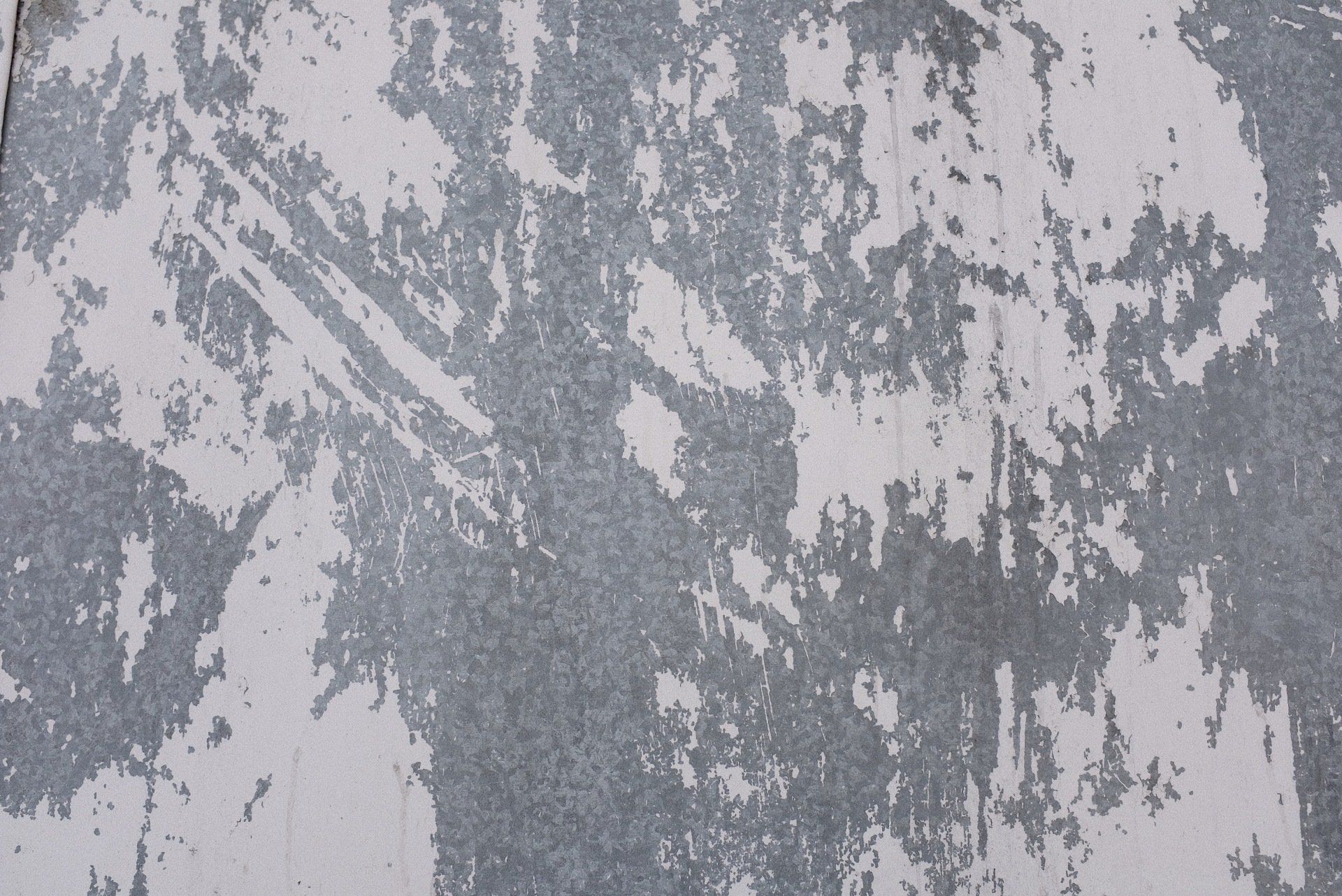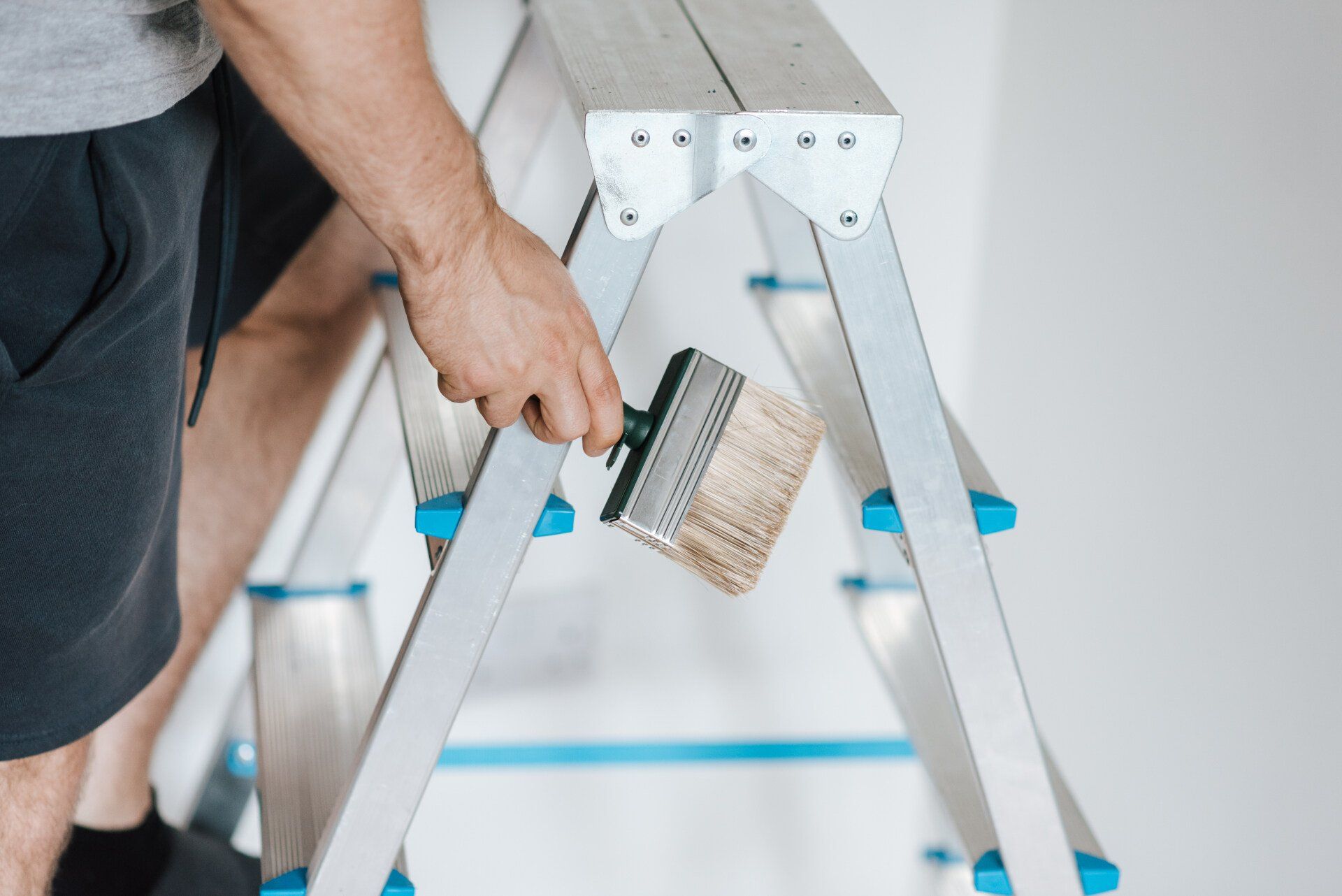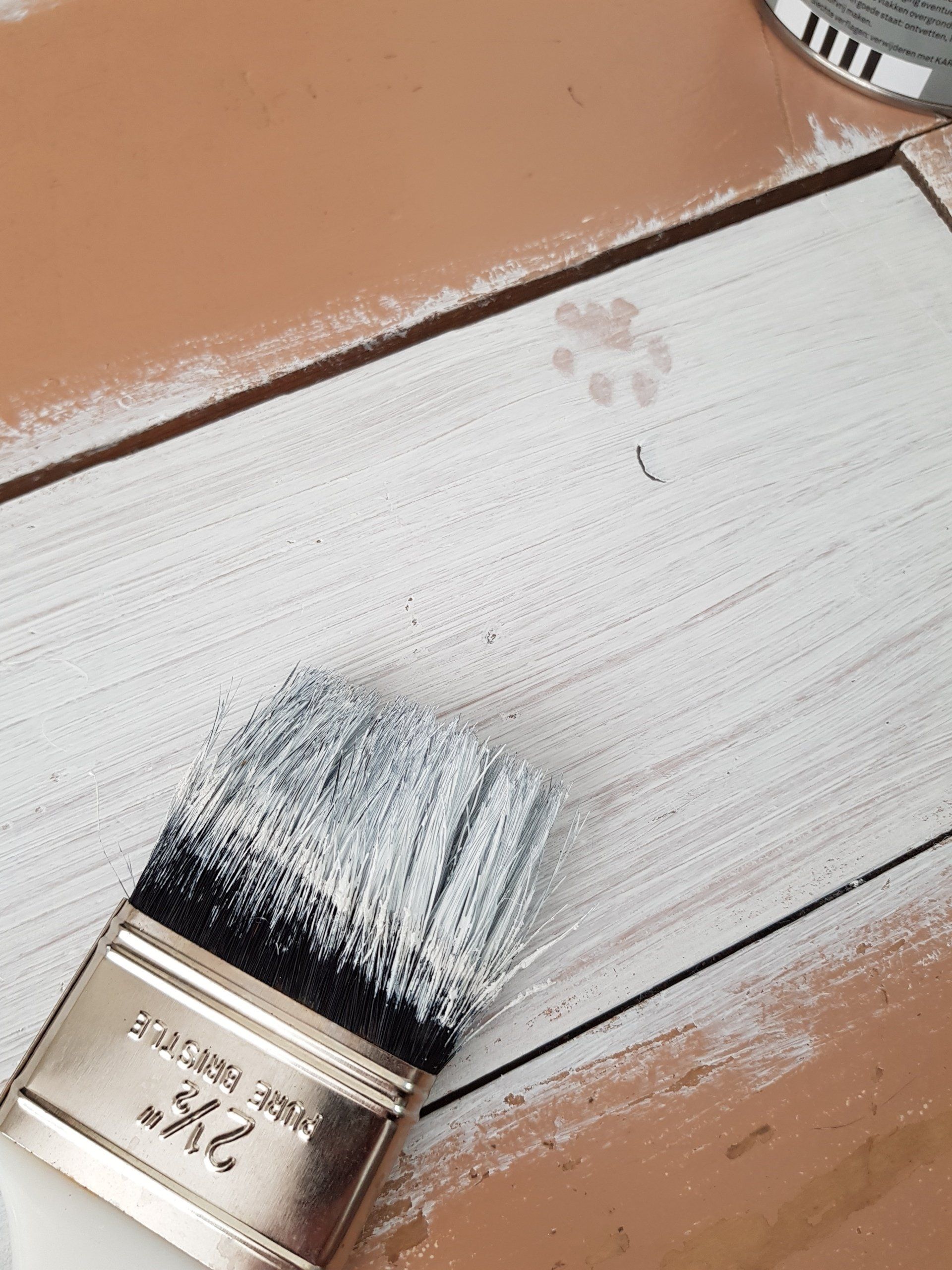Paint as protection against insects and weather damage
Paint as protection against insects and weather damage
You might think painting your home's exterior is an easy task that can be done with a little patience and elbow grease. Have you ever considered all the other uses that paint can have beyond improving your exterior appearance? Professional paint jobs can bring out more than just color.
Paint can be used to protect your home as well as improve curb appeal. This article will show you how a professional paint job can help protect your house against potential costly damage.
Block Moisture
If moisture is allowed to get into your wood, it can lead to mold and other diseases. The wood's structural integrity is compromised when moisture gets into the wood from poorly applied or chipped paint. It is very expensive to fix if this happens.
Applying the paint correctly can prevent moisture buildup and problems. Many modern exterior paints include weather protection components, which are designed to keep your home dry from rain and snow.
Mold and Mildew Problems Can Be Reduced
Moisture can cause mold growth in your wood. Molds that are not properly controlled can cause severe health problems for both pets and owners. After the growth, they can become very costly to eradicate.
The best way to prevent mold growth is to paint your walls and flooring. If the paint is not chipped, cracked, or peeling, moisture cannot accumulate in your house and can cause mold growth. Paint can be a great first-line defense to prevent the growth of potentially harmful organisms if it is properly applied.
Prevent Injury Caused By Insects
It doesn't really matter how secure your house may be; bugs will always find a way inside. Sometimes, these insects can cause serious damage to your home's structure. Termites are a serious threat to the wood of your home.
Professional painters will seal cracks and open spaces around windows and doors to prevent moisture from entering. Material like caulking can become brittle over time. It should be checked regularly and reapplied as necessary. This is the perfect time to put a fresh coat of paint on your house. It will keep pesky pests out of your house.
One Ounce of Prevention
You can protect your home from outside elements by checking for damage regularly. You should inspect the paint for chips and cracks. Water shouldn't be accumulating in the areas where it has begun to deteriorate. You should immediately contact a professional if you see any signs of mold or decay. If they see mold growing, a professional painter will inform you.




